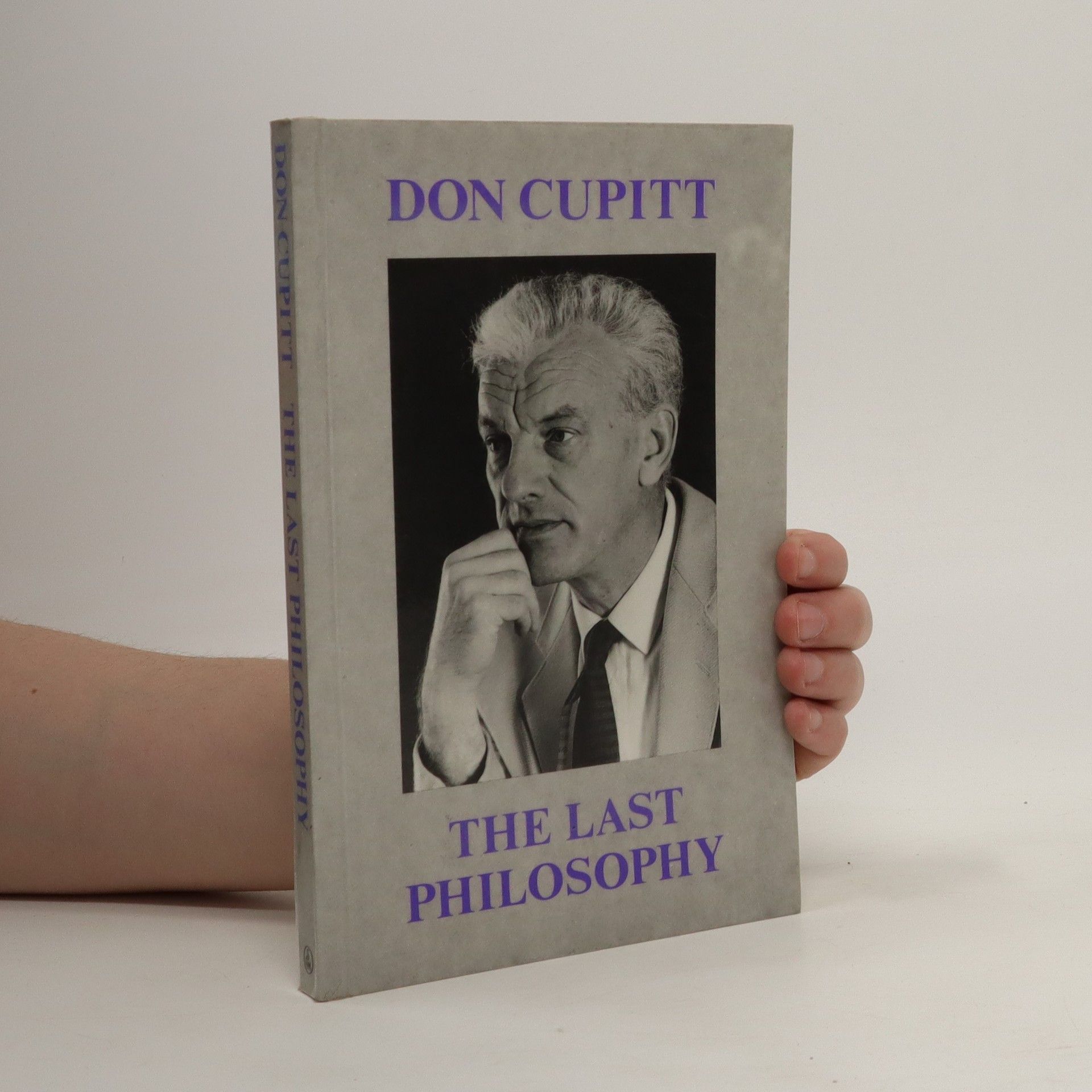Don Cupitt reinterprets the traditional doctrine that the world has been created out of nothing by the divine Word. He shows how recent developments in thought have led to the rediscovery both of nihilism and of the creative power of language. Cupitt undertakes extended examinations of the relation of thought to language and of the relation of God to language - all in an effort to make intelligible a major worldview that has begun in philosophy, and which must now be applied also to religion. The consequence of all this is that divine and human creativity come to be seen as coinciding in the present moment. The creation of the world happens all of the time, in and through us, as language surges up within us and pours out of us to form and reform the world of experience. Reality and the conquest of nihilism are, in fact, effected by language, and the way is thus opened for a new 'creationist' conception of religious truth and life. This book offers a philosophy of religion for the future and a genuine alternative to pietism and fundamentalism.
Don Cupitt Knihy


The Last Philosophy
- 160 stránek
- 6 hodin čtení
In this new book, for the first time Don Cupitt sets out his own systematic philosophy of life. He is reviving an old how far in the direction of religious belief, and eternal happiness, is it possible to go on the basis of reason alone? His 'expressionist' philosophy leads him to conclusions that are both very startling and more positive than his critics might expect, and in an Appendix he sketches their theological corollaries. In effect, he is providing the new 'ultralight' Christian humanism with its philosophical background and its world view.